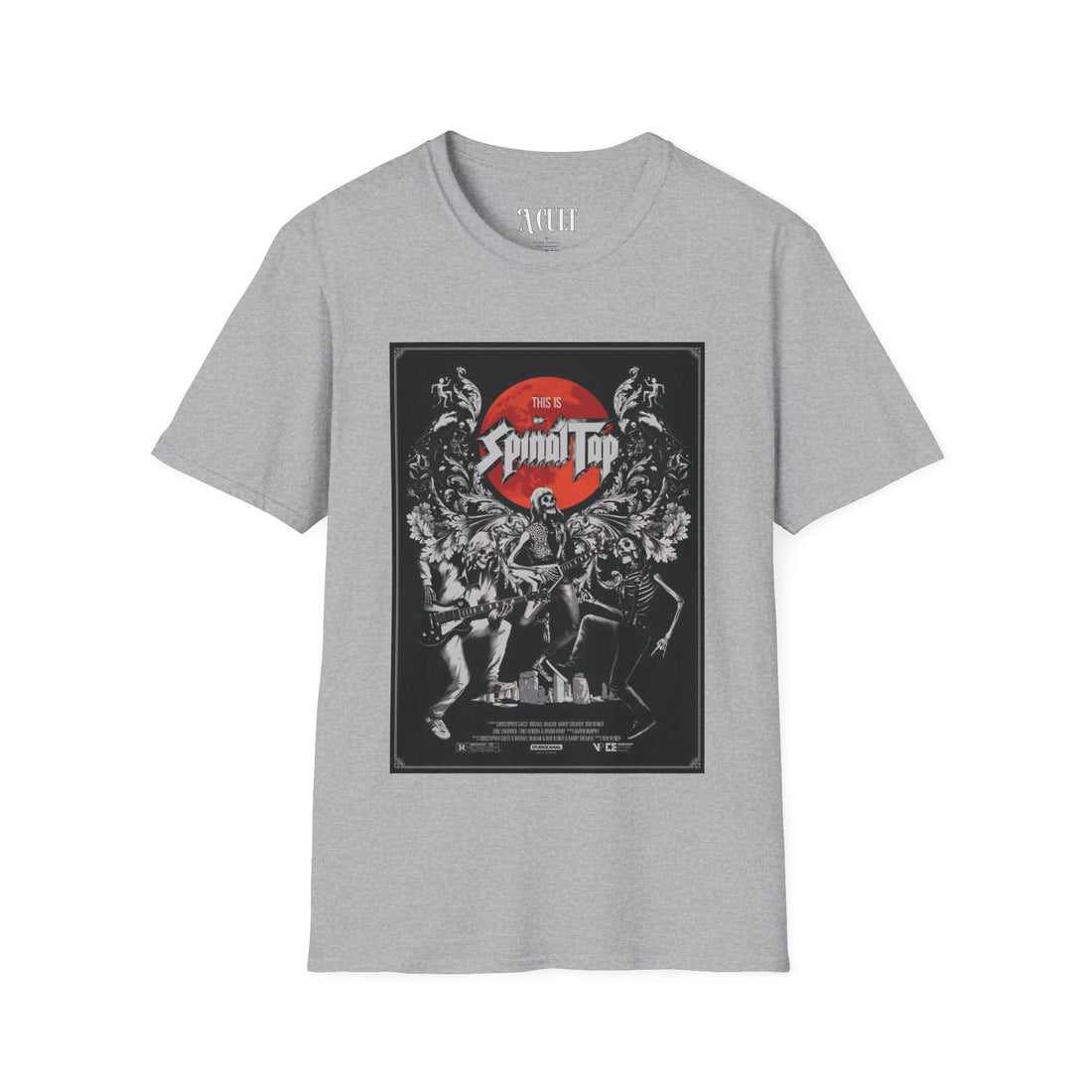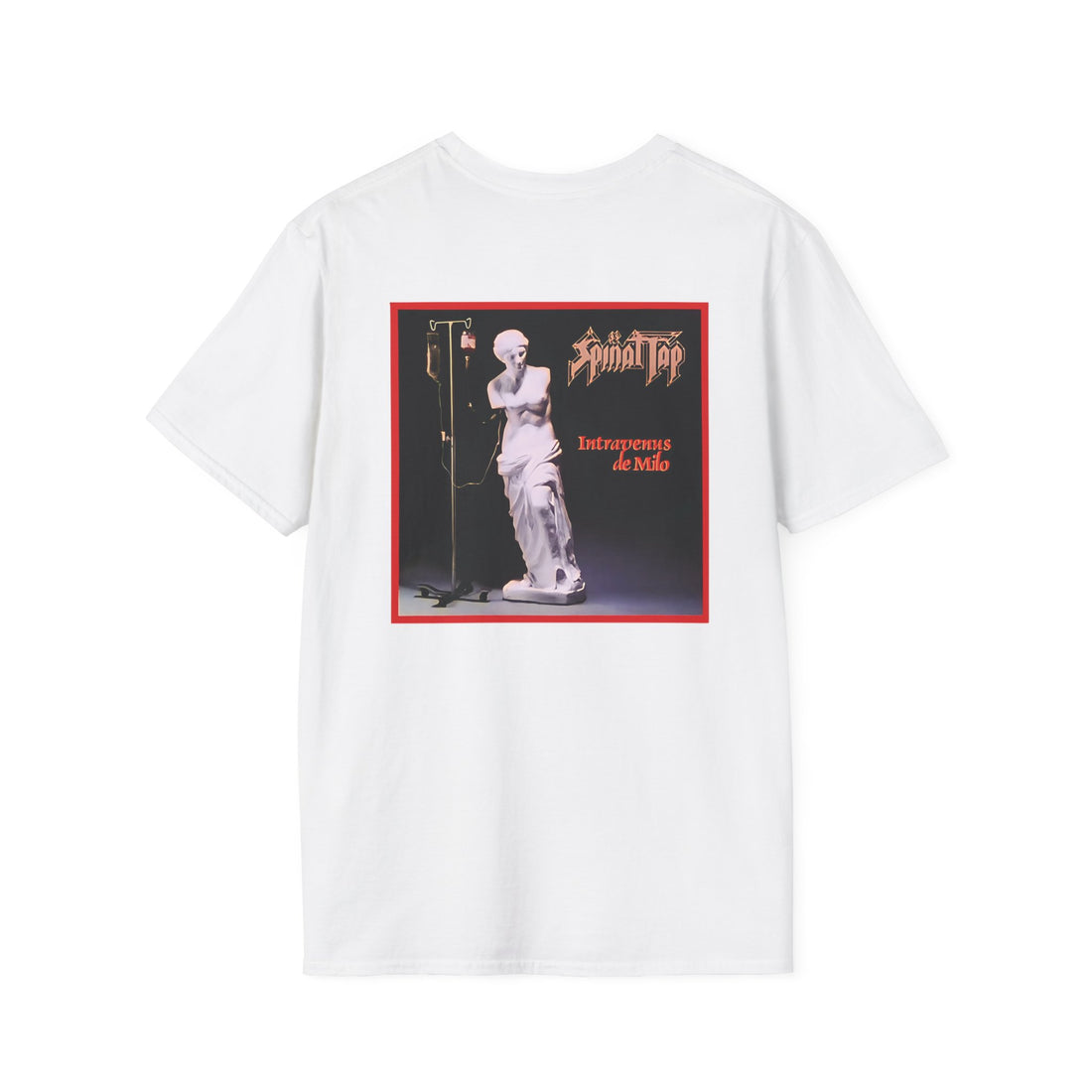If you’ve ever stumbled into the neon-soaked chaos of Miami Connection (1987), you’ll know it’s not just a film — it’s an experience. Equal parts martial arts mayhem, synth rock fever dream, and unfiltered sincerity, it occupies that elusive cultural sweet spot: the film so catastrophically misguided it loops back around to brilliance. And the best part? It’s not ironic. It’s deadly serious about its own absurdity, which makes it utterly magnetic.
The Origin Story: Friends Forever, Ninjas Forever
Directed by Woo-sang Park (credited as Richard Park) and fronted by Y.K. Kim — a taekwondo grandmaster with absolutely zero prior film experience — Miami Connection emerged as a genuine labour of love. Kim poured his life savings into the project, determined to spread his message of friendship, loyalty, and martial arts discipline to the masses. The result? A bizarrely endearing mash-up of drug-dealing ninjas, biker gangs, and the world’s most wholesome rock band, Dragon Sound, belting out unforgettable earworms like Against the Ninja.
Upon release, it tanked. Hard. Theatrically, it barely made a ripple outside its Florida screenings. The critical consensus? Confusion at best, open mockery at worst. Yet, even here, you can see the DNA of what would later become a cult favourite: that unwavering sincerity, the homegrown stunts, the awkwardly charming performances.
The Resurrection
For decades, Miami Connection sat in obscurity — the kind of VHS relic you might spot at the bottom of a bargain bin. Then, in 2009, a print surfaced on eBay and landed in the hands of Drafthouse Films. They recognised the diamond in the rough and gave it a full theatrical re-release in 2012. Suddenly, the film found its audience: midnight screenings, packed revival houses, and fans singing along to Friends Forever as though it were Bohemian Rhapsody.
Y.K. Kim, who had been out of the public eye for years, was pulled back into the spotlight, embraced as a folk hero of DIY cinema. His optimism, once dismissed as naïve, was reframed as refreshingly authentic in a cynical age.
The Legacy: DIY Dreams and Beautiful Disasters
The cult of Miami Connection now stands alongside other “glorious failures” in cinema history — films like Tommy Wiseau’s The Room, Claudio Fragasso’s Troll 2, and David A. Prior’s Deadly Prey. These works share a defiant sincerity and an absence of studio polish, which paradoxically becomes their most endearing feature. They’ve inspired a new wave of filmmakers to pick up cameras without permission, professional training, or studio backing, proving that passion can outshine production value.
Actors and directors from Miami Connection — most notably Y.K. Kim himself — have leaned into the renewed attention. Kim has embraced fan Q&As, festival appearances, and even hinted at revisiting the Dragon Sound universe. Meanwhile, the film’s rediscovery has boosted academic interest in “paracinema” — the study of works outside the critical mainstream — with Miami Connection now a case study in how cult status can be manufactured decades after a flop.
It’s not just about nostalgia. It’s about how a film that fails by every traditional metric can succeed spectacularly in community-building, audience engagement, and pure, unfiltered joy.
Final Thoughts
The Miami Connection story is proof that a film doesn’t have to be “good” in the conventional sense to matter. Its unpolished fight scenes, questionable acting, and hilariously on-the-nose soundtrack are part of a greater whole: a sincere attempt to share a worldview that, against all odds, found its people. It’s DIY cinema at its most charming — messy, heartfelt, and utterly unique.
If Miami Connection leaves you grinning, there’s a whole rabbit hole of similar films to fall into: Samurai Cop (1991), Deadly Prey (1987), Fateful Findings (2013), and Dangerous Men (2005). Each is a reminder that cinema’s worth can’t be reduced to box office receipts or Rotten Tomatoes scores. Sometimes, the most lasting art comes from the fringe, fuelled not by money or industry clout, but by an unstoppable belief in the story you want to tell.
In the words of Dragon Sound: Friends through eternity, loyalty, honesty… And perhaps, unknowingly, that’s exactly what Miami Connection offered its fans all along.








